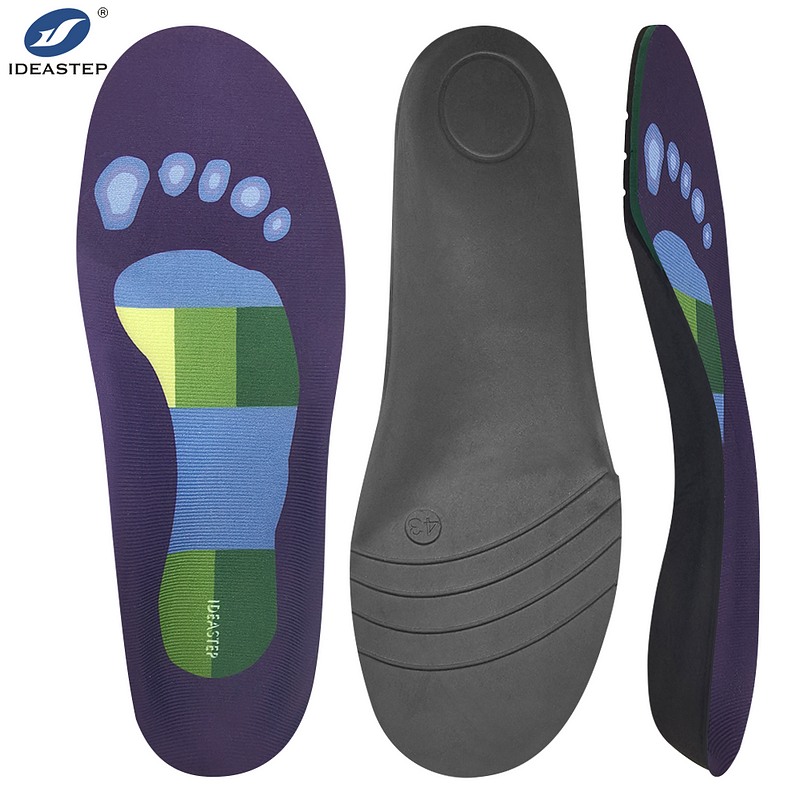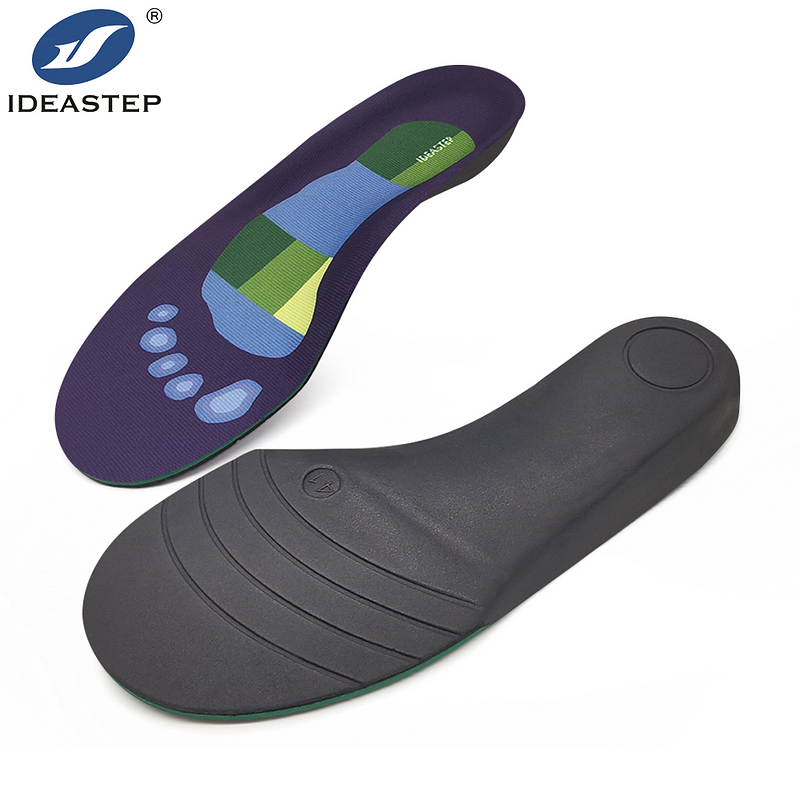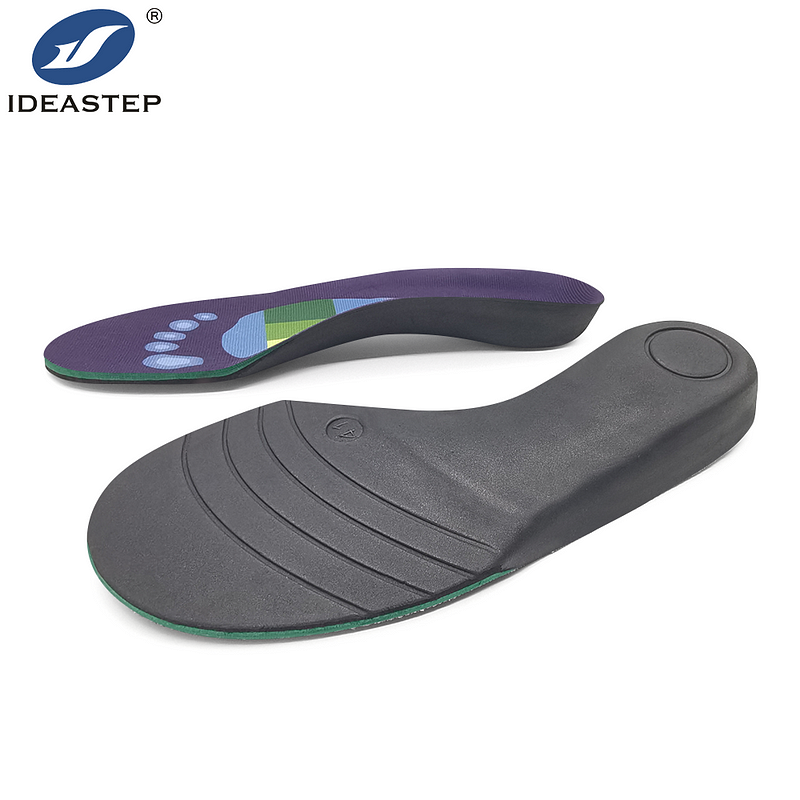Choosing the right supplier for EVA material insoles is crucial for ensuring product quality and customer satisfaction. This guide provides essential tips for selecting a reliable supplier.
Introduction
Ethylene Vinyl Acetate (EVA) material insoles have become increasingly popular due to their comfort, durability, and flexibility. When looking to source EVA insoles, choosing the right supplier is key to achieving the best quality and reliability for your products. This article will guide you through the important factors to consider when selecting a supplier for EVA material insoles.

1. Quality Assurance
The first and foremost consideration is the quality of the EVA material insoles. A reputable supplier should provide high-quality products that meet industry standards. Look for suppliers who have quality assurance certifications, such as ISO or SGS, which indicate adherence to stringent quality control processes. Additionally, request samples to evaluate the material’s density, flexibility, and durability.
2. Supplier Experience
Experience in manufacturing and supplying EVA insoles is a strong indicator of a supplier’s reliability. Suppliers with several years of experience are more likely to understand the intricacies of production and quality control. Check the supplier’s portfolio and client testimonials to gauge their expertise and reputation in the market.

3. Customization Capabilities
Depending on your specific needs, you might require custom-designed EVA insoles. Ensure that the supplier has the capability to produce customized insoles according to your specifications. This includes the ability to modify size, shape, thickness, and other parameters. A supplier with a flexible manufacturing process will be better equipped to meet your unique requirements.
4. Production Capacity
Assess the supplier’s production capacity to ensure they can handle your order volume within the required timeframe. This is particularly important if you have large or recurring orders. A supplier with a robust production capacity can guarantee timely delivery and avoid potential delays that could affect your business operations.
5. Pricing and Payment Terms
While price should not be the sole deciding factor, it is certainly an important consideration. Compare prices from multiple suppliers to get a fair understanding of the market rate. Additionally, review the payment terms and conditions. Flexible payment options can provide financial ease, especially for small and medium-sized businesses.
6. Communication and Support
Effective communication is crucial for a successful supplier relationship. Choose a supplier who is responsive and provides clear, timely communication. This includes updates on production progress, shipment status, and addressing any concerns you may have. Good customer support is a sign of a professional and reliable supplier.

7. Sustainability Practices
In today’s market, sustainability is an increasingly important factor. Evaluate the supplier’s commitment to environmentally friendly practices, such as using eco-friendly materials and reducing waste. A supplier who prioritizes sustainability can enhance your brand’s reputation and appeal to eco-conscious consumers.
8. Location and Logistics
The supplier’s location can impact shipping times and costs. Consider suppliers that are geographically closer to reduce transportation time and expenses. Additionally, inquire about their logistics capabilities to ensure they can handle international shipping if necessary.
Conclusion
Choosing the right supplier for EVA material insoles involves thorough research and careful consideration of various factors. By focusing on quality, experience, customization capabilities, production capacity, pricing, communication, sustainability, and logistics, you can find a reliable supplier that meets your needs and helps your business thrive.
FAQs
- What certifications should I look for in an EVA insole supplier? Look for certifications such as ISO or SGS that indicate high quality standards.
- Why is supplier experience important? Experienced suppliers are more likely to produce high-quality products and handle production efficiently.
- How can I ensure a supplier can meet my order volume? Assess the supplier’s production capacity and inquire about their ability to handle large or recurring orders.
